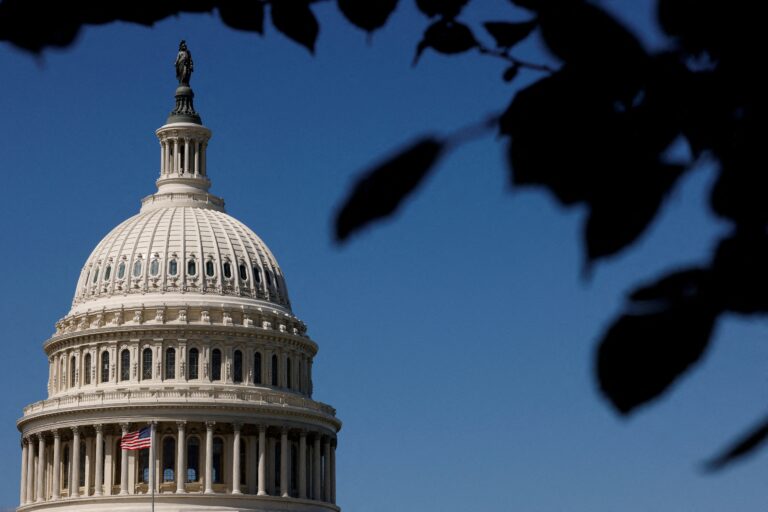WASHINGTON, Oct 3 (Reuters) – A bipartisan U.S. Senate delegation will visit China, Japan and South Korea in October, Senate Majority Leader Chuck Schumer’s office said on Tuesday.
The six-senator group will be co-led by Republican Mike Crapo, whose office said earlier the trip is planned for next week and that the senators hope to meet with Chinese President Xi Jinping.
Schumer has repeatedly urged the United States to take a harder line on China, and urged lawmakers earlier this year to begin new legislation aimed at addressing concerns about the world’s second-biggest economy. The trip will follow visits by a series of Biden administration officials, including Commerce Secretary Gina Raimondo in August.
Schumer’s office said the trip’s goal is to advance U.S. economic and national security interests in the region and will feature meetings with government leaders and business leaders from each country and from U.S. companies operating in each country.
Schumer “will focus on the need for reciprocity in China for U.S. businesses that will level the playing field for American workers, as well as on maintaining U.S. leadership in advanced technologies for national security,” his office said.
Other senators on the trip include Republicans Bill Cassidy and John Kennedy and Democrats Maggie Hassan and Jon Ossoff.
China welcomes Schumer’s visit and hopes it will deepen the U.S. Senate’s “objective” understanding of China and facilitate dialogues between the nations’ legislative agencies, China’s foreign ministry said on Wednesday.
Raimondo said in August that U.S.companies had complained to her that China has become “uninvestable,” pointing to fines, raids and other actions that made it risky to do business in the country.
“For U.S. business in many cases, patience is running thin, and it’s time for action,” she said, adding that companies face “exorbitant fines without any explanation, revisions to the counterespionage law, which are unclear and sending shock waves through the U.S. community; raids on businesses – a whole new level of challenge and we need that to be addressed.”
Source : Reuters







